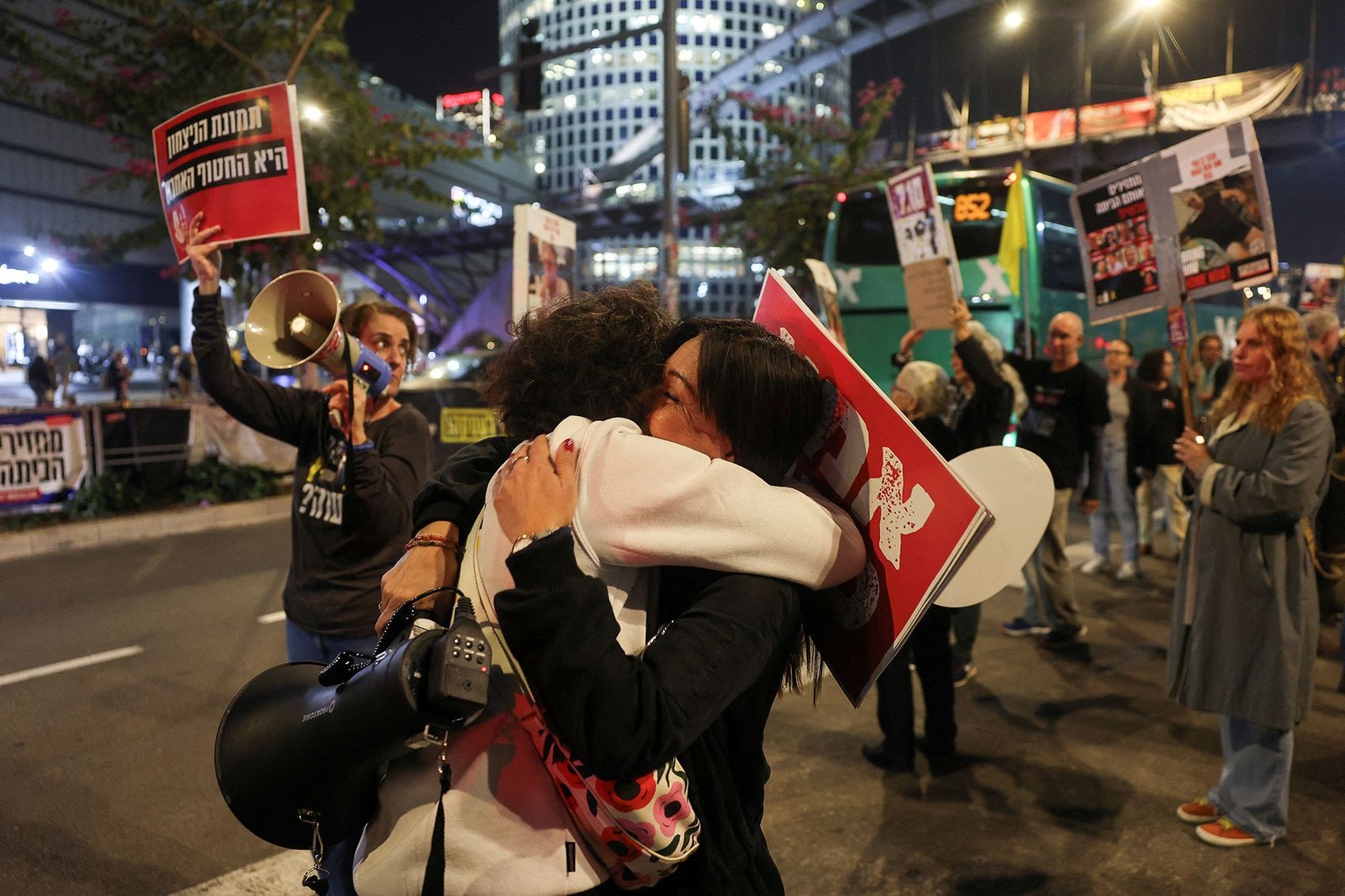SAUDIA ARABIA: Sheikh Saleh Al-Talib, the former Imam and preacher at Masjid Al Haram, has been released by Saudi authorities after serving seven years in prison. He was arrested in 2018 following a sermon in which he urged Muslims to speak against wrongdoing, remarks that were widely interpreted as criticism of the Kingdom’s General Entertainment Authority. His opposition to mixed-gender concerts and public events directly challenged Saudi Arabia’s new social reforms under Vision 2030. His detention drew international attention, as he was one of the most prominent clerics to face imprisonment during the Kingdom’s modernization drive.
The decision to release Sheikh Al-Talib comes at a time when Saudi Arabia continues to navigate a delicate balance between preserving traditional religious values and pushing forward with social and cultural reforms. His arrest had symbolized the state’s firm stance on silencing dissent from influential religious voices, while his release may be seen as a sign of recalibration in the Kingdom’s approach. However, the conditions of his release suggest that authorities are not granting full freedom but instead opting for a tightly controlled reintegration.
Reports confirm that Sheikh Al-Talib remains under house arrest, with electronic monitoring devices placed on his ankles. This indicates that while he is no longer behind prison walls, his activities and interactions will remain closely supervised. Such measures reflect the state’s cautious attempt to reduce international criticism of human rights restrictions while maintaining strict control over dissenting voices within its borders. This dual approach reveals the Kingdom’s desire to project both reformist flexibility and firm authority.
The release is likely to generate strong reactions across the Muslim world. For many, Sheikh Al-Talib represents a respected religious figure whose imprisonment highlighted the growing gap between Saudi Arabia’s religious establishment and state policies. Some may interpret his release as a concession, a step toward softening repression, while others will see it as a warning that religious freedom remains tightly restricted. Ultimately, his case symbolizes the complex intersection of faith, governance, and reform in modern Saudi Arabia.



